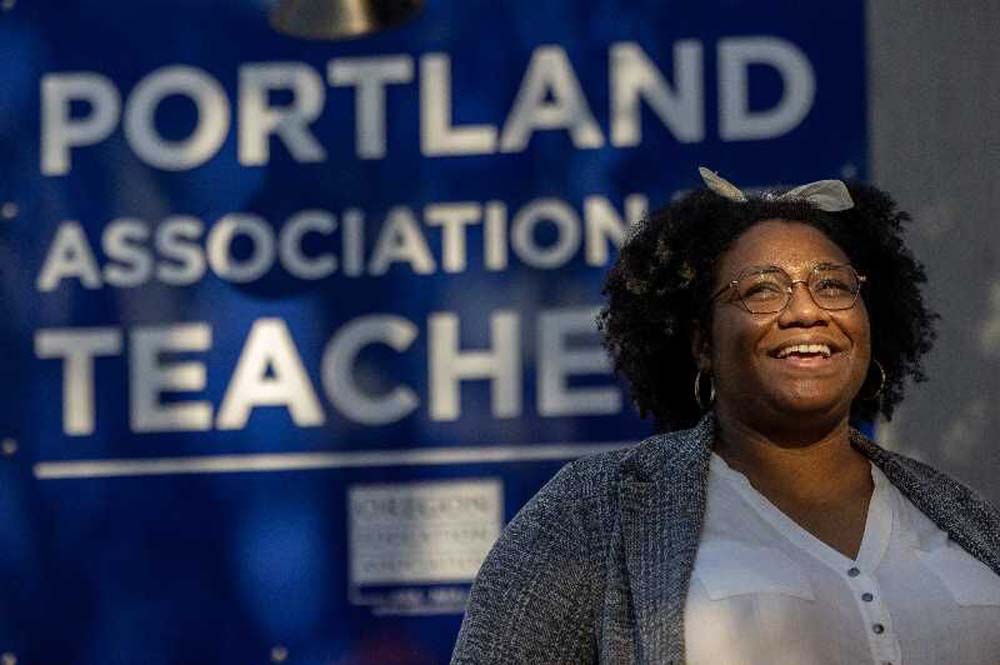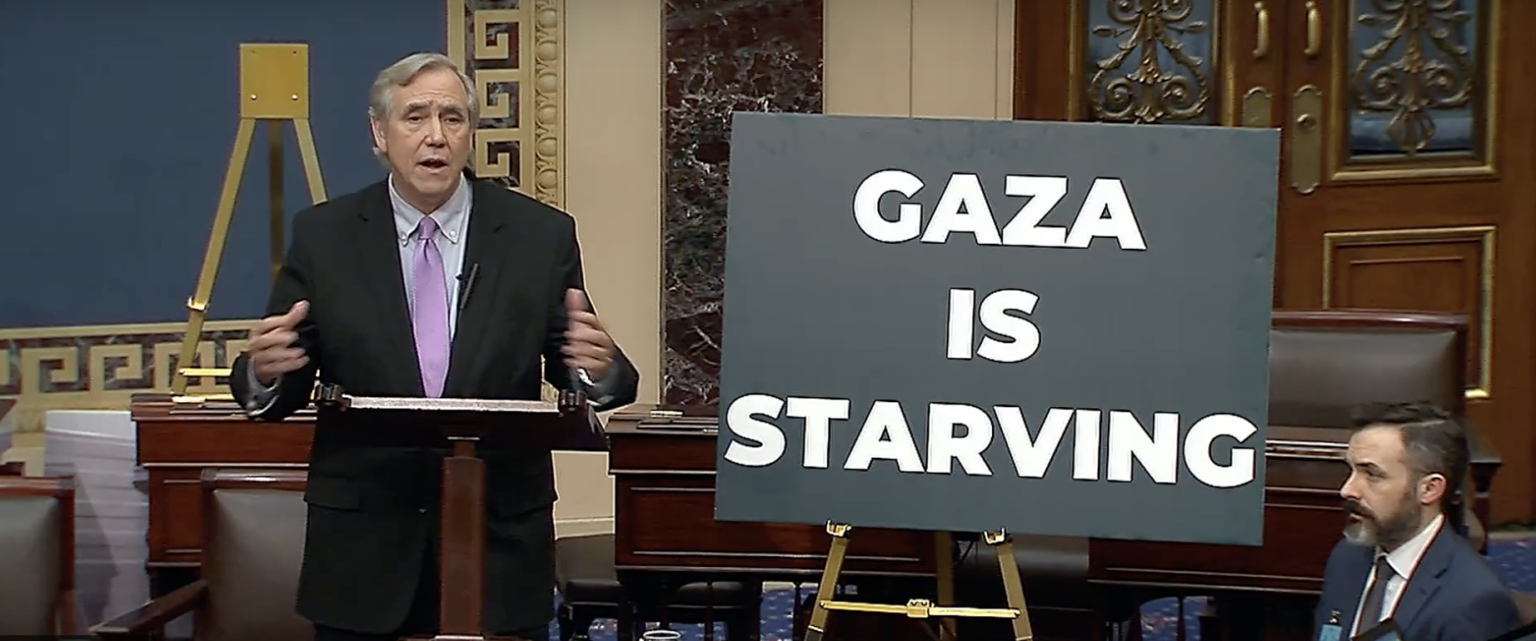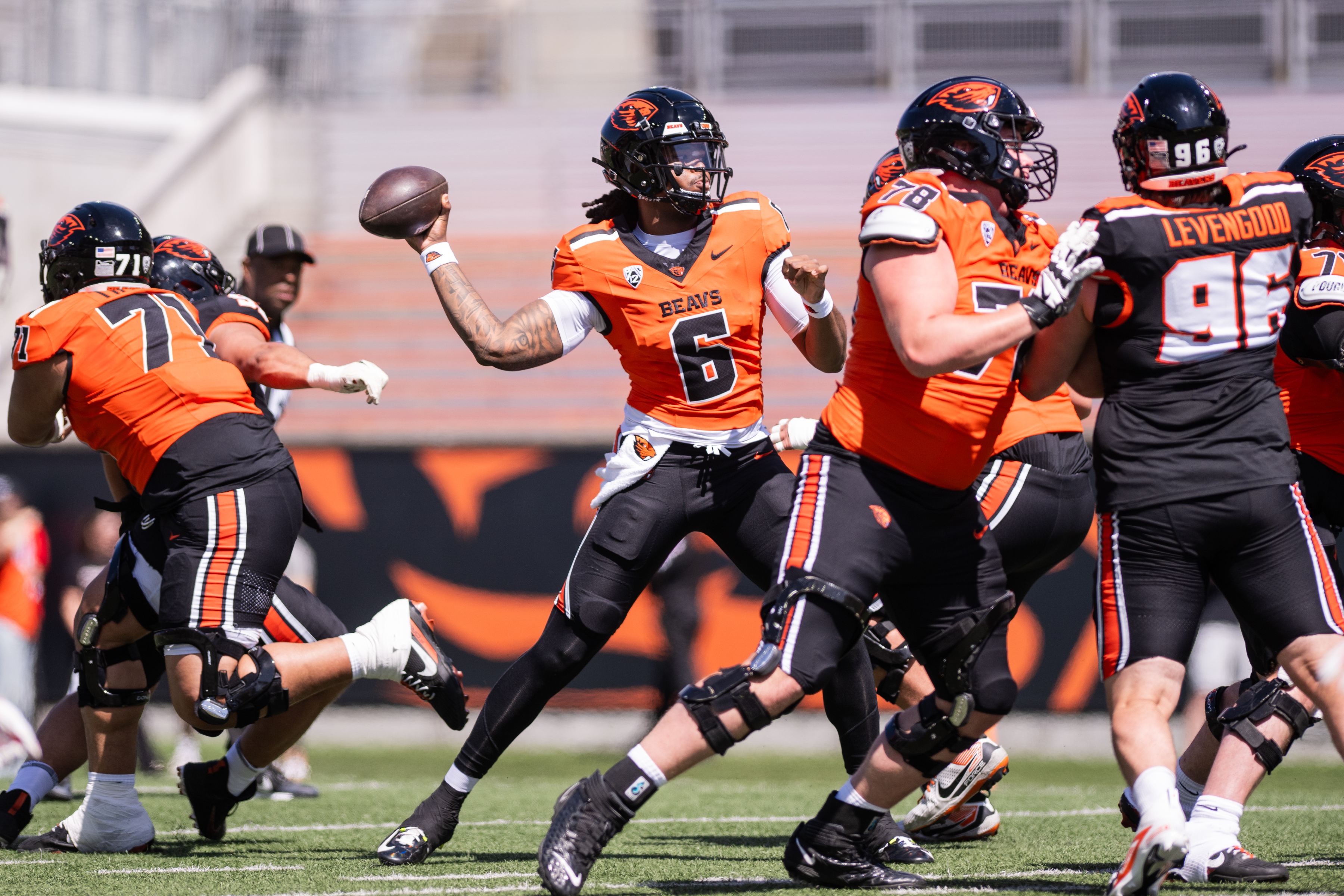Teachers say special education is in crisis
Published 12:00 am Thursday, November 10, 2022

- Angela Bonilla, president of the Portland Association of Teachers. The union leader said she fears Portland Public Schools will use its robust communications team to push back on union messaging.
Special education teacher Bianca Cohen’s biggest challenge isn’t that she rarely gets time for a proper lunch break. It isn’t even the understaffing of special education personnel at her school.
Trending
Her biggest challenge comes from the injuries she receives in her classroom.
“I’m choked, bit, hit, chaired, grabbed to the point I’m on the ground … every day,” Cohen said. “In theory, we’re supposed to have three trained assistants to support students. I’ve been short-staffed 20 days (this year), at least. Today I had two paraeducators out. It was me and one para with nine kids. I get hurt every day. My students are hurting each other. They’re hurting me. They’re hurting themselves.”
Which isn’t to say that the other challenges aren’t important. Cohen said she is overworked and Llewellyn Elementary, the school in Sellwood where she teaches, doesn’t have enough special education support staff. That’s true of many PPS schools.
Trending
Currently, Portland Public Schools is short 32 paraeducators—educational assistants, sometimes called classroom aides, who help teachers with students. The district started the year with 70 paraeducator vacancies. PPS provides special education to 7,223 students.
Cohen noted teachers are often injured by students with behavioral or sensory issues who are unable to regulate themselves. They often lash out when they feel threatened in their classroom settings. She recalled colleagues who’ve been assaulted to the point of sustaining concussions or needing an ambulance.
On top of injuries and missed breaks, teachers say they’re bogged down with paperwork.
“The amount of case management work and lesson planning for PPS special education teachers is staggering,” Carole Johnson-Smith, a special education teacher at a PPS-affiliated charter school, said during an Oct. 25 school board meeting. Johnson-Smith was among a handful of teachers who addressed the board about the conditions special education teachers and students face.
“I know first-hand what so many special education teachers are going through in this district. I am not exaggerating when I say that I and my special education colleagues spend anywhere from three to 20 hours writing just one IEP.”
An IEP is an Individualized Education Plan, essentially a contract document that lays out the educational plan and any specialized services or accommodations a child with disabilities will receive. IEPs are federally required and are tailored to a student’s needs.
Johnson-Smith said that while she and other special education teachers spend up to 20 hours a week on paperwork, including IEPs, their labor contract with Portland Public Schools only compensates them for 32 hours of “case management” per year.
Johnson-Smith, who started her teaching career in 1985, says much of the extra time spent is likely due to PPS’s case management software system, Synergy, which is cumbersome and requires several input fields and dropdown menus.
“Last year I worked 10 to 12 hours every single day of the week,” Johnson-Smith said. “This year, I just can’t do it.”
Kari Harrison, a paraeducator with PPS, said job training is limited, but on-the-job injuries are not. Harrison told the school board that classrooms have become unsafe and the job is untenable for some.
“I am burning out and it’s taking away from my personal life,” Harrison said. “I’m watching two very dedicated teachers being ground into the ground, day after day, with the things that I am seeing.”
Another paraeducator, now retired from PPS, said classroom support staff has dwindled over the years. She recalled teachers struggling to get a bathroom break because no one is available to cover the room in their absence. Worse, children who run away from classrooms or school grounds often require more than one staffer to intervene.
Recruitment underway
PPS says it’s ramped up recruiting efforts for paraeducators and is now offering a $3,000 retention bonus. While the district is aggressively trying to hire more special education staff, existing staff are quitting or leaving for other districts.
Cohen announced publicly at the Oct. 25 school board meeting that she is resigning mid-year due to untenable working conditions.
“I am walking away from this profession not because I’ve given up on the students. I’m walking away from an environment that does not support neurodivergent humans, let alone any students,” Cohen told the board. “No one in the district has taken accountability to address the children and staff in my room getting severely injured every day.”
Cohen, 31, said she’s unsure what’s next for her, and undecided whether she will continue working in special education.
Cohen, who is autistic herself and grew up receiving special education services, said she wants to be an advocate and role model for her students.
“I come in to work every day with the intention that I want to be that role model of autistic adult and make them feel like there are people out there who are in their corner,” Cohen said.
Contract proposals raise eyebrows
Angela Bonilla, president of the Portland Association of Teachers, said the union is concerned about a potential change to contract language that would no longer guarantee a full spectrum of services and placement options for students who get special education. Bonilla cited “whispers” of the district moving toward an inclusion model- meaning placing more students with IEPs in general education classrooms, rather than pulling them aside to receive specialized instruction.
Johnson-Smith and Bonilla cautioned that model requires planning, along with adequate staffing and training, noting some students won’t do well in a general education setting.
“In my many years of experience, inclusion can only work when it is carefully planned and executed,” Johnson-Smith said. “There must be enough staff to support students, intervention and curriculum options, and support and training for paraeducators and teachers.”
“When you have a nonverbal student receiving intensive skills services since they were in kindergarten, and they’re shoved into a general education classroom without a paraeducator or any support, that is not appropriate placement for their identified special education needs,” Bonilla said. “Educators, educators who want to do right by their students are leaving this district because the decisions being made by district leaders and offices make it near impossible to feel and be successful while serving our kids,” Bonilla said.
Shortly after teachers and the union leader highlighted the crisis in special education classrooms, PPS sent a letter home to families, vowing to “make investments-not cuts” to support special education.
“Every special education student deserves a high-quality and equitable learning experience,” Cheryl Proctor, PPS deputy superintendent of instruction and student services, said in a letter sent to families. “Students that receive special education services are our community’s children, and the reason why many of us became educators.
“We will weather these challenges and continue to build special education services that are supportive, inclusive, and rooted in academic achievement.
We want to reassure our community that PPS will continue to provide an array of special education services, and make investments—not cuts—to support students and their families receiving these services.”







